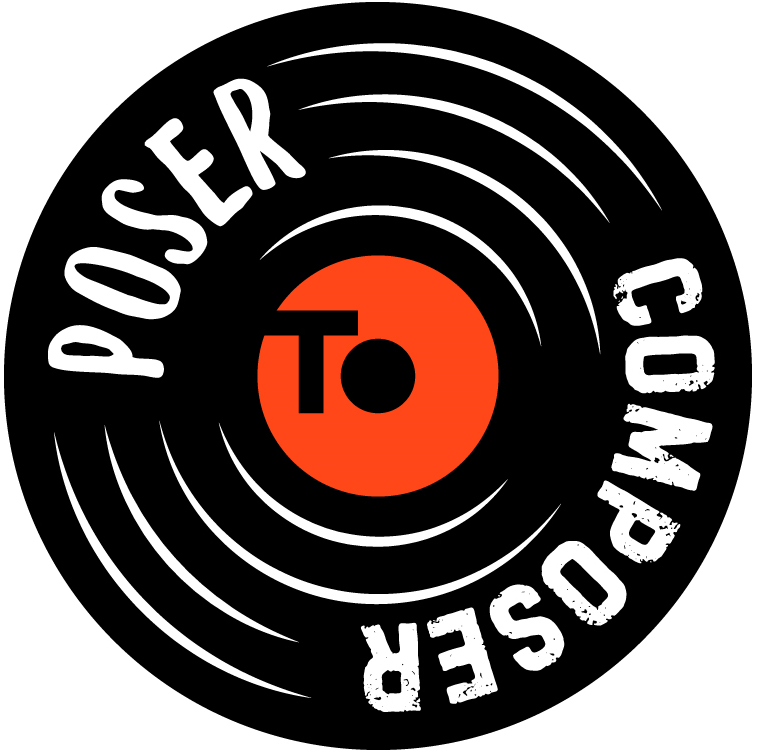R-r-rules for Piano Pupils
R-r-rules for Piano Pupils
Turns I misunderstood the concept of family chords. They are not the same as major chords.
Robin was kind enough to clarify the issue on Udemy's Q&A section, and it makes sense to me. Sort of. I understand there are thousands upon thousands of piano chords one can potentially learn. But for the sake of efficiency and health of my arms, it makes sense to only learn chords that are in songs I actually want to play.
Based on that realisation, I know what my next step is. In other news... I finished Piano and Song by Friedrich Wieck today (with the help of an excellent audio recording by Librivox volunteers). It's a strange book, written in an eloquent style that is over-the-top. I found it enjoyable for just that reason, and because it offers lots of direction and advice for both piano teachers and students.
Here's Wieck's Rules for Piano Pupils. As you read this list in your mind, do it with a stuffy english accent and roll your r's. You must never begin to learn a second piece until you have entirely conquered the first. You ought to fix your eyes very carefully on the notes, and not to trust to memory; otherwise, you will never learn to play at sight. In order to avoid the habit of false fingering, you should not play any piece which is not marked for the proper fingers. You should learn to play chords and skipping notes, without looking at the keys, as this interferes with a prompt reading of the notes. You must learn to count nicely in playing, in order always to keep strict time.
He also follows up with this advice: Play and practise the bass part a great deal and very often, first slowly, then quicker, during one or two weeks, before playing the right hand with it, in order that you may give your whole attention to playing the bass correctly, delicately, and surely.

comments powered by Disqus